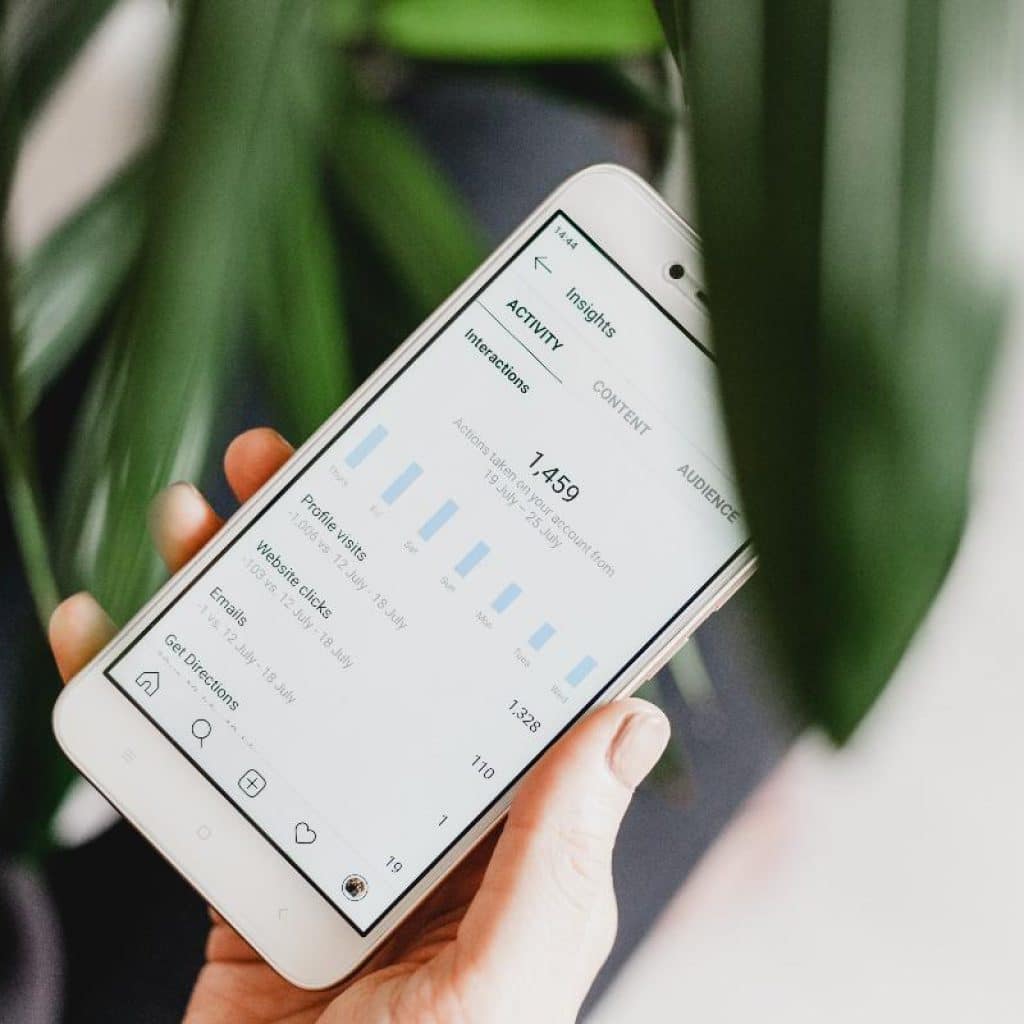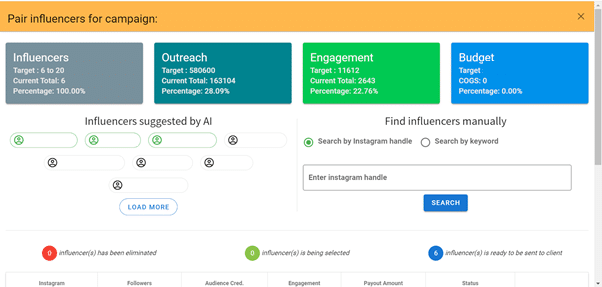Social media and technology have always been deeply intertwined, but it has become something of a trending topic of late. New computer-generated virtual influencers are continuing to appear each month, and artificial intelligence continues to promise more advanced automation and futuristic technologies.
Indeed, the future of influencer marketing could be very different from what it is today, with rapid and successive leaps in technology poised to revolutionise the way consumers and businesses interact with each other.
Here are three ways we think technology will radically change the way we do influencer marketing:
1. Virtual Influencers
Virtual influencers, computer-generated personalities with realistic human features, are an emerging trend that is growing increasingly popular, even in Asia. These digital personas lead ‘real’ lives, with richly detailed characteristics, hobbies, and personal styles. AI might help to guide the creation of these digital personalities by predicting what type of influencer best resonates with a brand’s audiences and, in the further future, potentially empower them to generate their own content.

Why are virtual influencers blowing up?
As it turns out, businesses are seeing virtual influencers as a blank canvas for the creation of the ideal ambassadors for their brands. Since they are completely neutral and have no biases or pre-existing affiliations, businesses can have complete creative freedom with campaigns. They also never have to worry about potential scandals or incidents, which sometimes occur on social media.
As advanced as technology gets, though, virtual influencers will still need a very real human touch to thrive on social media.
2. Campaign Response Prediction
Traditionally, marketing efforts fall into a ‘test-learn-optimise’ loop. Businesses run a campaign, collect the results and optimise their processes for the next campaign. This is a lengthy, time-consuming, and costly process that can go on indefinitely.
AI-powered technology can help businesses to save big on marketing dollars by taking this entire loop into a digital sandbox. Instead of spending large amounts of money and time on actual campaigns to evaluate their effectiveness, marketers of the future will use a virtual testing ground to assess the potential real-world impact of their campaigns.
Utilising AI, a Campaign Response Prediction (CRP) platform will allow marketers to simulate a social post in a virtual environment. While this technology is not yet widely available, Kobe Global Technologies is working on creating such a system (alongisde Israeli tech company Leadspotting).

This system will take existing data from social media platforms and intelligently predict the type of response the post will have in the real world. This will include metrics such as views, likes, shares, reactions, and even the tone of comments. CRP can then provide suggestions on how the post can be further optimised for better results, after which marketers can repeat this process.
3. Influencer Management Systems
Influencer Management Systems (IMS) are digital platforms that pair advertisers with the best-suited influencers for their campaigns. Such systems house a large database of influencers and draw on a complex range of data points to make intelligent conclusions about the suitability of influencers for specific brands and campaigns.
They can do this by performing content analysis on influencers’ posts using AI. With AI, it is possible for systems to recognise images, as well as natural and colloquial language, and group them into concepts and sentiments that make it easier for businesses to find the right influencers. These systems, which provide optimal data-driven recommendations while consuming less time and resources, will be a key piece of technology for future marketers.
A good system will also be sensitive to any irregularities on platforms, such as Instagram accounts with fake or paid followers. This sensitivity can be achieved by measuring key data points that might give fake influencers away, such as the number of posts on their followers’ pages or an account’s followers-to-following ratio.

When working on brand campaigns, an AI-driven system will be able to map campaign objectives to a wide array of factors such as image angle, image inspiration, content angle, type of influencer and audience demographics. It will then auto-generate influencer suggestions, along with recommended fees, that clients can then review and select.
A good IMS system will also be highly responsive to client feedback, allowing clients to rate and comment on influencers and their posts. It can then capture and use this data to adjust pricing recommendations for the future. This ensures that high-quality work and a good work ethic—rather than the mere number of followers that an influencer has—are fairly recognised and rewarded.
Evangeline is the Founder & CEO of Kobe Global Technologies. As a PMC-certified practicing management consultant, she has advised and implemented successful influencer marketing campaigns for brands such as McDonald's, Coca-Cola, Government Agencies and many more.



















